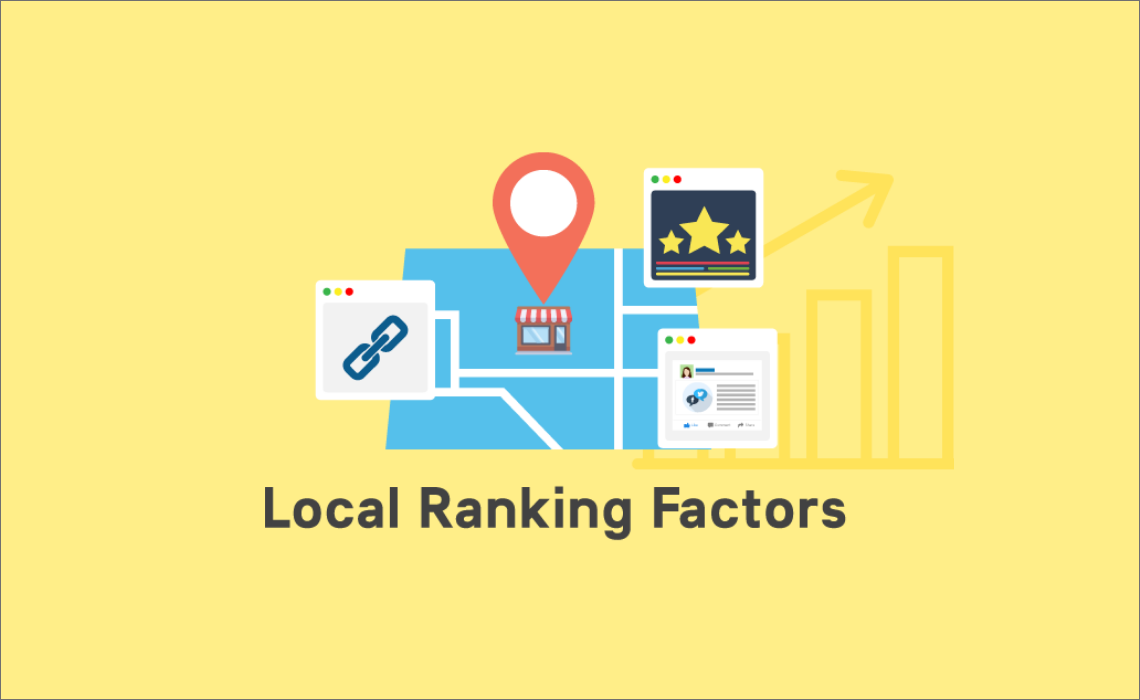Building citations
Citation building enhances your business’s local rankings and gives you more online visibility, which means more traffic and sales conversions. It generally means providing your company’s name, an address with a zip code, and a phone number.
Citations on Facebook, Google, social media platforms that need NAP data, and other online directories such as Yelp or Tripadvisor can give your brand the visibility it needs. Potential customers can then avail and access your products or services easily and at the right time.
Local on-page optimisation
On-page optimisation of the website will help you improve traffic volume and relevant searches. Local on-page optimisation is not a one-time task. You need to revisit and re-optimise your website as and when required.
Some of the steps you can follow to carry out local on-page optimisation are:
- Ensuring mobile-responsive design for your website
- Ensuring high page speed, especially on mobile devices, as search engines tend to penalise your site for higher bounce rates
- Providing SEO-based metadata for each of your website pages
- Undertaking thorough keyword research that meets local SEO requirements
- Incorporating keywords naturally into the content.
Google My Business
Registering your website on Google My Business plays an important role in ranking your business on a local level.
Google My Business by Google is a free tool for all sector businesses and organisations that manages your brand’s online presence across various Google platforms including Google Maps. This can help you in terms of ranking as well as getting found by your local customers. Verification of their presence on Google My Business will give companies the advantage of being considered reputed by potential customers or clients.
Google My Business helps your target customers in a specific location know your business categories, website URL, working hours, local address, and contact details which are also used by Google across searches and maps.
To create a rich Google My Business profile you would need to build and respond to your reviews, add images, provide correct information about your business, use GMB posts to share any news or offers, indulge in Q&A which will in turn help you rank higher, as well as receive a higher visibility and conversion rate through Google Maps.
Link-building and content marketing
Having strong SEO content on your website coupled with link-building can improve your relevance and prominence as well as determine how strong your business’s local ranking is.
Your local content marketing should naturally include your city and local communities which will help you reach customers close to your business, create brand loyalty, build strong business relationships, and eventually accelerate engagement.
Reputation management
Building customer trust and loyalty for your business drives more traffic and sales. Good genuine reviews are the most important aspect of your business for local customers online. Reviews can actually make or break your business. Review quantity, diversity, and velocity are key factors that play a role in ranking your business and in reputation management.







